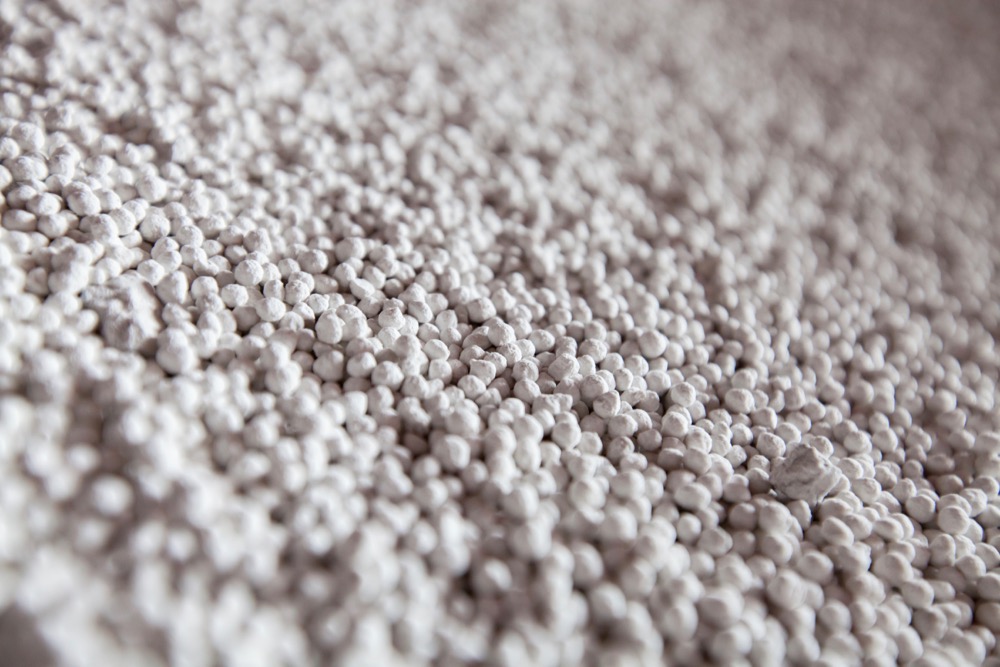EU lawmakers back huge tariffs for Russia, Belarus fertilizer

Brussels | Reuters — The European Parliament voted on Thursday to impose prohibitive tariffs on fertilizers and certain farm produce from Russia and its ally Belarus to prevent a potential threat to EU food security and limit Russian funds for its war against Ukraine.
Tariffs for certain nitrogen-based fertilizers will rise over three years from 6.5 per cent to an amount equivalent to about 100 per cent, a level that would effectively halt trade. For the farm produce, an additional 50 per cent duty will apply.
Read Also


Pigs can’t fly: U.S. high-end livestock breeders lose millions in China tariff fallout
China is one of the biggest importers of American breeding pigs and other livestock genetic material such as cattle semen. These lucrative niche export markets had been growing, but dried up since U.S. President Donald Trump started a trade war with Beijing.
Why it matters: Globally, Russia is one of the leading producers and exporters of fertilizer.
The tariff hikes are expected to take effect on July 1.
More than 70 per cent of EU fertilizer consumption in 2023 was of the nitrogen-based product targeted, and Russia accounted for 25 per cent of EU imports, worth about 1.3 billion euros ($1.5 billion).
Kremlin spokesman Dmitry Peskov said in reaction that if the EU imposed huge tariffs on Russian nitrogen fertilizers, the cost of the fertilizers for the European Union would rise and their quality would fall.
He said demand for Russian nitrogen fertilizers on other export routes remained high, adding that Russian fertilizers were of the highest quality.
Russian and Belarus grain was already hit with prohibitive tariffs last year. The new tariffs apply to the 15 per cent of agriculture imports from Russia not previously subject to duties, worth 380 million euros (C$594.4 million). This includes meat, dairy produce, fruit and vegetables.
The European Commission said these imports, particularly of fertilizers, made the EU vulnerable to potential coercive actions by Russia that could threaten EU food security.
EU imports from Belarus were more limited at 92 million euros for farm produce and 30 million euros for fertilizers in 2023.
The European Commission has said the tariffs will help support domestic production and allow for diversification of supply from elsewhere.
The change to a higher fertilizer tariff includes potential mitigation measures if EU farmers see substantial price increases.
The levies will not affect transit of Russian agricultural and fertilizer exports to third countries. The EU has so far avoided imposing sanctions on them so as not to disturb global supplies, particularly to developing countries.
The European Parliament approved the hikes by 411 votes to 100, with 78 abstentions.
— Reporting by Philip Blenkinsop and Bart Meijer
Source: Farmtario.com


